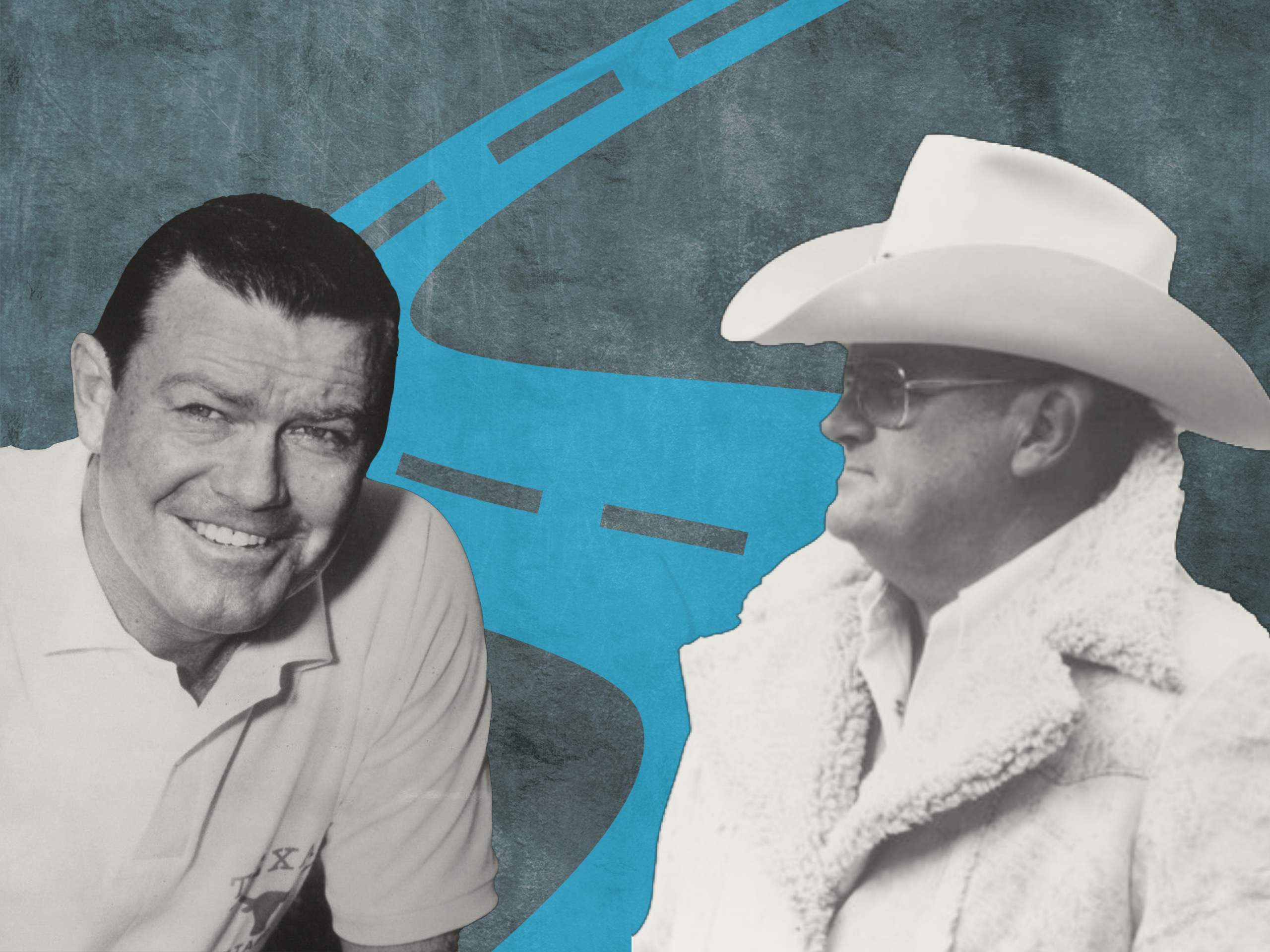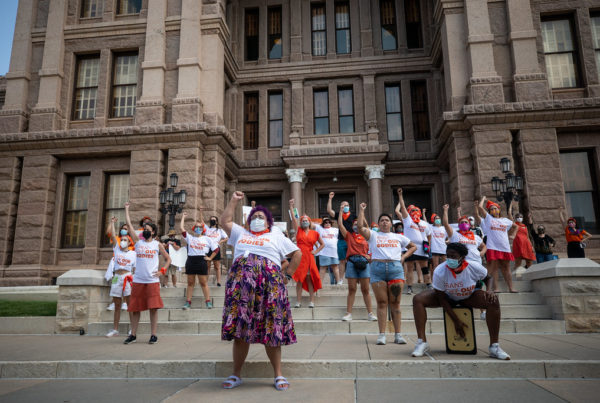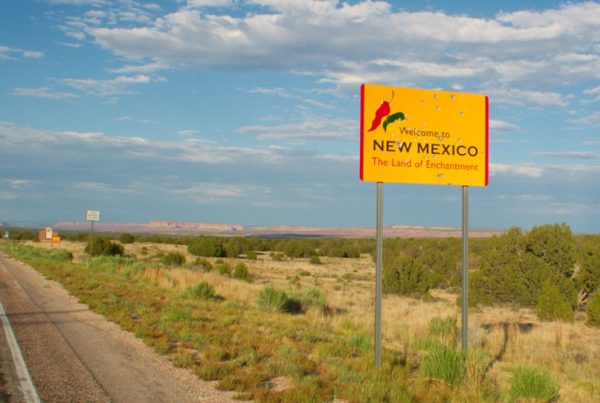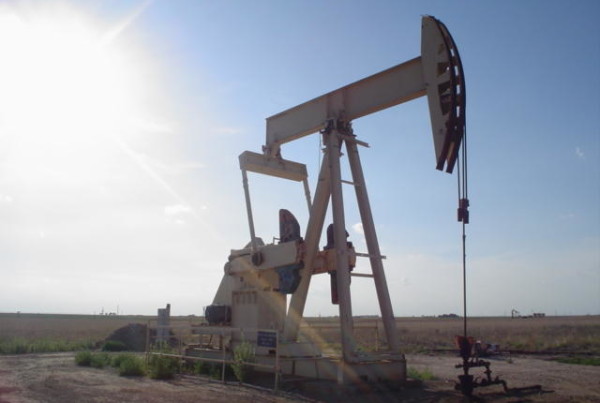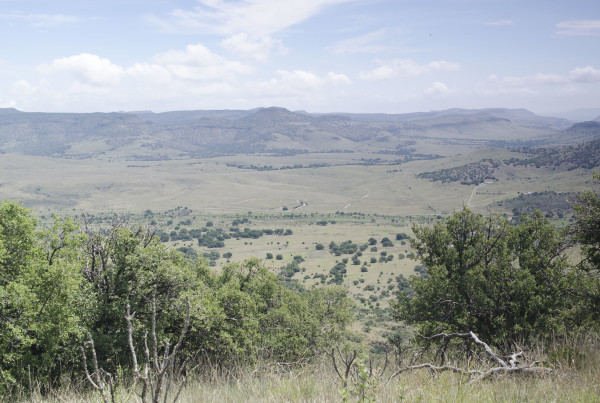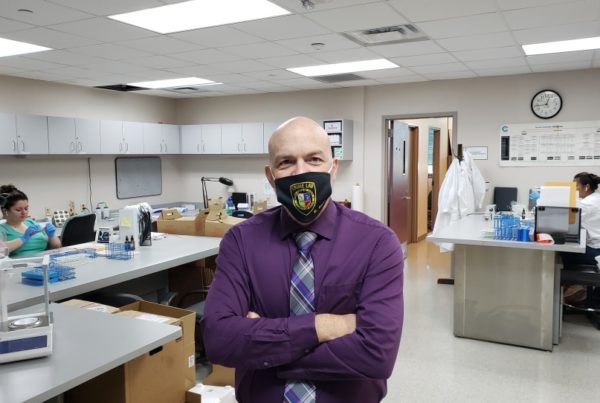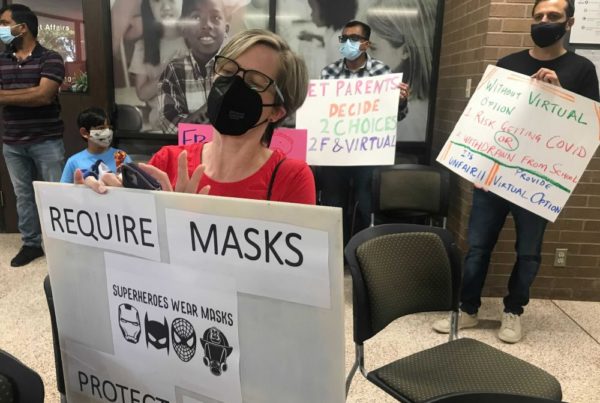Once I was changing a flat tire on Highway 90 south of Valentine. A rancher stopped to help me complete the job. As he was leaving I asked, “How far to Marfa?” He flipped his hand casually southward and said, “Oh, not far. Just down the road a bit.” Everything about his gesture and tone would have made a person less experienced in West Texas believe that Marfa was just over the next hill. But I knew how to translate that vernacular. I was not surprised when that “just a bit” turned into 40 miles.
Something that doesn’t get much attention in Texas, as a core part of Texas culture, is the common use of understatements. We’re used to being pegged as exaggerators, tellers of tall tales – like Pecos Bill who roped tornadoes and shot stars from the sky. We have plenty of tall tales resting on mythic exaggeration.
I always liked Pecos Bill, but I also liked the opposite kind of cowboy, like the one who rode up on the Grand Canyon, unexpectedly, for the first time, and said, “Well, somethin’s gone on here.” It’s as if he knew the old journalistic principle ”the bigger, the smaller.”
Bum Phillips, the famous cowboy coach of the Houston Oilers, was a brilliant understater.
When asked if Earl Campbell was in a class by himself, he said, “I don’t know if he’s in a class by himself, but I do know that when that class gets together, it sure don’t take long to call the roll.”
Understatement is oblique. It arrives unexpectedly, glancing off the unobserved side of things. To paraphrase Jane Friedman, “Understatement provides you with less so you feel more.”
The great Darrell Royal took his UT Longhorns to play for the National Championship against #2 Arkansas in 1969. He saw a church sign near Little Rock that said, “Don’t cast your steers before swine.” Royal quipped, “I had hoped God would be neutral.”
When I recall the Westerns I love most, understatement is appreciatively present in those films. Take “Shane,” for instance. He was a gunman who didn’t much wear a gun and never bragged about himself. He was quiet, reserved, and on the whole understated. When asked if he knew how to shoot, he said, almost inaudibly, “Little bit.”
Understatement is a delightful trope in “Butch Cassidy and the Sundance Kid.” They continually tease each other with faux criticism dressed up as understatement. At the end of the film, Butch makes a mad dash through a gauntlet of dozens of federales shooting at him to retrieve the ammunition from the mule bags. Sundance covers him impressively, taking out at least ten federales. Nonetheless, they’re both badly wounded and collapse in momentary safety inside the bank. Butch says to Sundance, “Is that what you call giving cover?” Sundance replies, “Is that what you call running? If I knew you were going to stroll …”
And who can forget the best moment of “Lonesome Dove” when Captain Woodrow F. Call explains his violent outbreak to the stunned townspeople with these words: “I hate rude behavior in a man. I won’t tolerate it.” His description of the army scout’s behavior and his own response were both greatly understated.
Larry McMurtry’s great appeal is understatement as a literary style. His characters employ the device again and again. Long Bill Coleman, when he’s telling Gus and Woodrow that he’s quitting the Rangers in “Dead Man’s Walk,” says, “It’s rare sport, but it ain’t quite safe.”
Mark Twain wrote tall tales of the old West, but he was also a master of understatement. Remember his famous response to the reports of his death which he claimed had been greatly exaggerated. That may be the only case ever in which the word exaggerated was used as understatement. Now, that’s genius.
Real cowboys I knew as a kid were not often exaggerators; they were for the most part modest, gently spoken, “ah shucks” guys who mostly claimed that the incredible thing they’d just done was no big deal. That ethic was taught, at least culturally, and it seeped into you. “Don’t be tootin’ your own horn.” I think that’s why resumes and corporate reviews are so hard for many who grew up that way. They feel uncomfortable listing, in a euphemistic way, all the impressive things they’ve done. It goes against the cowboy way.
As my father always said, “If you’re smart or successful or talented, no need to tell people, they’ll know.” But he also advised that if you must promote yourself, you should do it with the unadorned truth so that you’re not being immodest. “And that’s OK,” he’d say, “because, as Will Rogers said, ‘If you done it, it ain’t braggin’.’”


